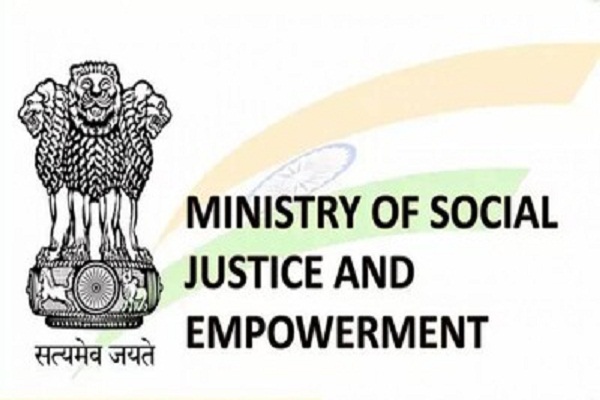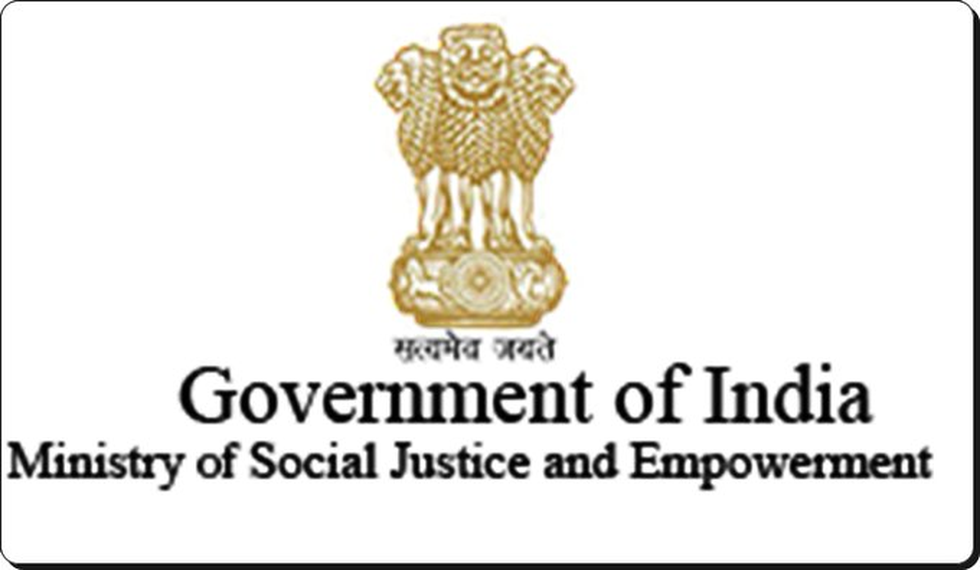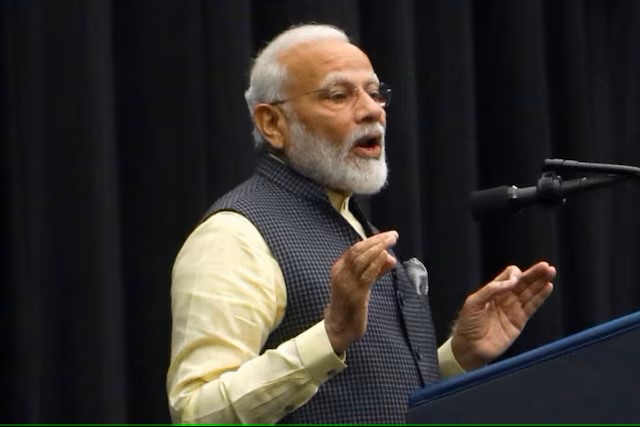The two-day National Review Conference (NRC) hosted by India’s Department of Social Justice and Empowerment in February 2024 resonated far beyond a routine progress update. It ignited a spirit of collaborative action, weaving together the strengths of central and state/UT stakeholders to uplift marginalized communities through focused schemes and empowered action.
 On an inaugural day, they laid the groundwork for an equitable future by placing education at the centre stage. Discussions revolved around schemes aimed at empowering Scheduled Castes (SCs), Other Backward Classes (OBCs), Economically Backward Classes (EBCs), and Denotified Tribes (DNTs). Recognizing the transformative power of education, the conference addressed key concerns regarding streamlining scholarship processes, ensuring data accuracy, and promoting Aadhaar seeding. The open and constructive dialogue centred on expediting data submission, ensuring timely verification, and promoting efficient disbursement of scholarships. These efforts aimed to minimize administrative hurdles and ensure benefits reach their intended beneficiaries swiftly, recognizing the crucial role education plays in breaking the cycle of poverty and marginalization.
On an inaugural day, they laid the groundwork for an equitable future by placing education at the centre stage. Discussions revolved around schemes aimed at empowering Scheduled Castes (SCs), Other Backward Classes (OBCs), Economically Backward Classes (EBCs), and Denotified Tribes (DNTs). Recognizing the transformative power of education, the conference addressed key concerns regarding streamlining scholarship processes, ensuring data accuracy, and promoting Aadhaar seeding. The open and constructive dialogue centred on expediting data submission, ensuring timely verification, and promoting efficient disbursement of scholarships. These efforts aimed to minimize administrative hurdles and ensure benefits reach their intended beneficiaries swiftly, recognizing the crucial role education plays in breaking the cycle of poverty and marginalization.
Moving beyond education, the second day broadened the lens to encompass the holistic well-being of various marginalized communities. The concerns of senior citizens, transgender individuals, individuals engaged in begging, and sanitation workers received due attention. The conference served as a fertile ground for exploring effective support mechanisms and strategies, facilitating the exchange of best practices, and fostering a shared vision for a more inclusive and equitable society. Recognizing the unique needs and challenges these diverse groups face, open discussions explored potential solutions, ranging from targeted financial assistance to skills development programs, paving the way for a more comprehensive approach to social welfare. This inclusive approach ensured that no segment of society was left behind in the pursuit of social progress, nurturing the seeds of a more just and equitable future.
The NRC transcended a mere review exercise. It fostered a vibrant tapestry of collaboration, actively engaging state/UT representatives in dialogue, problem-solving, and knowledge-sharing. This collective effort resulted in several key takeaways that served as actionable steps towards a brighter future:
- Streamlining Processes for Efficient Delivery: Accelerating data submission, ensuring timely verification, and promoting efficient disbursement of scholarships emerged as crucial areas for improvement. Recognizing the importance of minimizing administrative hurdles, the conference highlighted the need for streamlined processes that ensure benefits reach their intended beneficiaries swiftly.
- Technology as the Fertile Ground for Transparency and Inclusion: Aadhaar and DBT systems emerged as powerful tools for enhancing transparency and efficiency in program implementation, facilitating targeted delivery of benefits. Recognizing the potential of technology to bridge gaps and promote inclusion, the conference emphasized the need for its responsible and ethical application in social welfare initiatives, ensuring that technology serves as a tool for empowerment, not exclusion.
- Building Strong Central-State Partnerships: The conference underscored the importance of robust communication and collaboration between central and state/UT authorities. Fostering a unified approach was recognized as vital for effective scheme implementation and achieving desired outcomes. This renewed commitment to inter-governmental synergy paves the way for more coordinated efforts and impactful outcomes, recognizing that collective action is crucial for cultivating a thriving social ecosystem.
- Embracing Innovation: Adapting to Evolving Needs: Recognizing the dynamic needs of marginalized communities, the conference stressed the need for continuous evaluation and adaptation of programs. This evolution will ensure their continued relevance and impact in addressing diverse challenges. This emphasis on adaptability underscores the understanding that effective social policies require constant refinement to meet the evolving needs of beneficiaries, ensuring that programs remain responsive and impactful in the face of a changing landscape.
By prioritizing innovation, fostering inter-governmental synergy, and leveraging technology, the NRC served as a powerful catalyst for collaborative action. This event holds immense potential to translate policy into tangible improvements in the lives of marginalized communities. The collaborative journey initiated by the NRC signifies a shared vision for an inclusive and equitable society. By translating this vision into concrete action, India can ensure that all its citizens have the opportunity to reach their full potential, creating a brighter future where marginalization no longer takes root, and the seeds of progress blossom for all.




